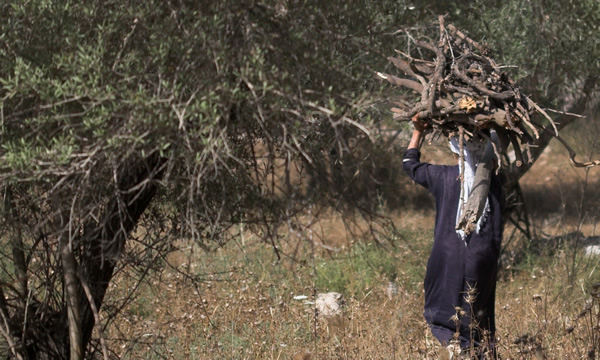 Torah Sparks
Torah Sparks
Genesis 18:1–22:24
Our Torah portion concludes with the story of the Binding of Isaac, the `Aqedah. It is the story we read on Rosh Ha-Shanah and is a foundational story of our tradition. It abounds in difficulties and challenges. We have examined various aspects of this story many times, including in my sermon this year for Rosh Ha-Shanah.
A recurring question posed by readers of this story is: Why didn’t Abraham argue with God about God’s demand that he sacrifice his son? This question is buttressed by an earlier story in our Torah portion, Abraham’s argument with God on behalf of the evil inhabitants of Sodom and Gomorrah. If Abraham was not afraid to argue with God in that case, why didn’t he do so here? If he was willing to argue to save the evil people of Sodom, why wasn’t he willing to argue to save his own innocent son?
These are powerful questions that have elicited many responses over time. I wish to suggest just one possible approach. The approach is based on the following premise: I believe we must strive to remember that, even if we may not find God’s Presence palpable or even believable, the Torah’s story is about a person, Abraham, who is totally immersed in a real relationship with a real God. Abraham has had multiple encounters with God, including his audacious argument about Sodom.
Thus the experience of the Aqedah does not only exist in tension with the earlier encounter between Abraham and God, it also follows and is based on that encounter. Because Abraham is in a real relationship with God he can learn more about God as the relationship continues. Their argument about Sodom was initiated by God, in a moment of great and intimate trust. Abraham stood up to God in that discussion. But Abraham also learned something about God in doing so. He learned that God was willing to listen and that God was not some kind of divine automaton, issuing commands without any concern for the complexities of human fallibility and shortcomings. After engaging in such a deep exchange with God, Abraham was able to gain a deeper sense of trust and faith in his Divine Partner.
It is in the context of that abiding faith that Abraham was willing to accept that God’s command to offer Isaac on the mountaintop could not have been an arbitrary decision on God’s part. Abraham could allow himself to believe that this decision must have been painful for God as well as for himself, and that if God called for it, nonetheless, then God could be trusted to have sufficient reason for it.
I am aware that this approach raises eyebrows and hackles among many of us. This is no accident. This troubling story is meant to put the question of faith front and center before us. Modernity has put God in the interrogation seat. If, in the Torah, God is pictured as putting Abraham to the test, in modern times it is God Who is constantly being put to the test. We demand that God explain every action or lack of action that we would expect of Her.
But we might ask ourselves whether we would do the same with any other partner with whom we have a relationship. Would we expect the relationship to continue to be sustained were we to constantly demand that our partner’s every wish or act be defended and justified?
There are two contexts in which such a tense situation of constant challenging and questioning might exist. One is in the relationship between parents and their children during the children’s years of adolescence. Every parent knows how exhausting and trying that period can be. Parents hope that the phase will be outgrown. Then the relationship can move on to another, more mature stage. The other context is when a relationship is disintegrating, as during a divorce. Then everything, including simple acts that were part of a shared life for years, can become contentious and subject to recriminations.
Where are we in our relationship with God? Is our relationship growing and deepening, is it at the adolescent phase, or are we estranged? That will condition how we read this story.
image: “Carrying Burning Woods in Israel” © “aviplot” altered and used with permission via Creative Commons License 2.0
- Toby Stein: In Memoriam - Thu, Feb 8, 2024
- Faithfulness and Hope: Parashat Sh’lach - Thu, Jun 23, 2022
- Past Their Prime: Parashat B’ha`a lot’kha - Thu, Jun 16, 2022
